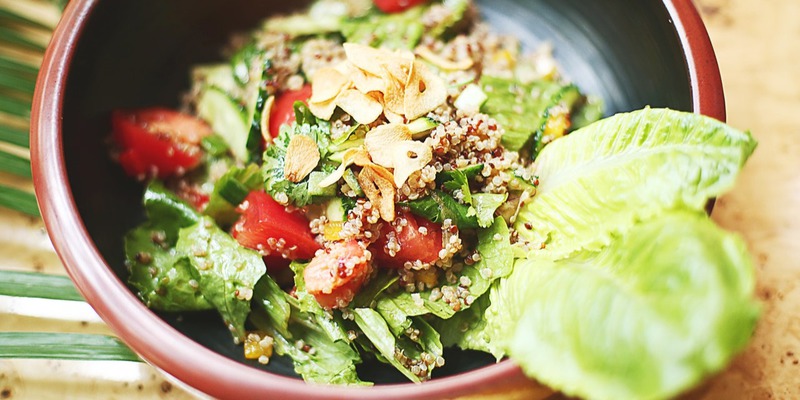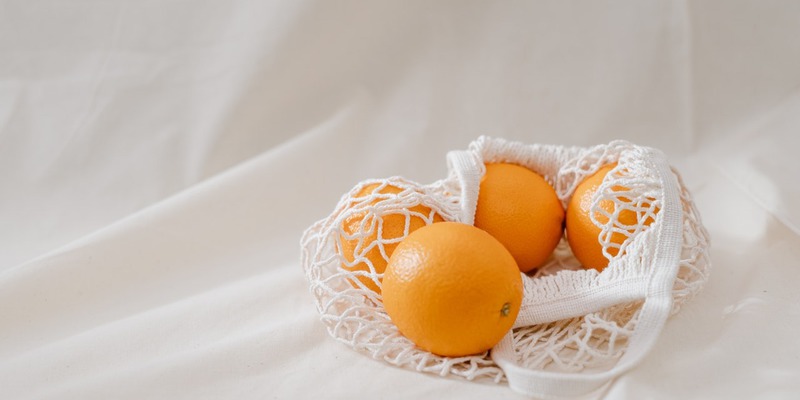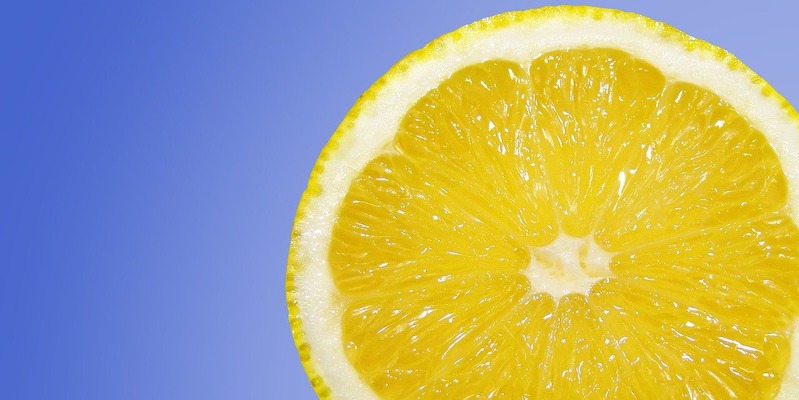What you can do to maintain a balanced diet

Most nutritionists recommend a balanced diet to keep everyone fit and healthy. However, the exact meaning of a balanced diet is not clear to everyone. A balanced diet is not like a crash diet, because it allows you to eat everything that an average adult should eat, but in optimal proportions.
Also, you can't limit yourself to just one type of food to get the right balance. That would cause you to miss out on the essential nutrients that come from a comprehensive meal. A "balanced diet" is only complete if you include a variety of foods from all food groups in your food intake.
A diet that consists of a healthy mix of carbohydrates, proteins, calcium, fat, vitamins, and minerals is ideally a "balanced diet." In terms of Indian eating habits, our traditional diet is considered healthy. Since an average Indian diet consists of grains, pulses, legumes, dairy products, oils, nuts, fruits and vegetables, you can easily plan a balanced meal from these foods.
4 reasons for you to start eating a balanced diet right away

The vitamins and minerals you eat from a wider range of foods help maintain your cells, tissues and organs.
A good diet keeps you fit, allows you to maintain a healthy weight, reduces the amount of fat in your body, and gives you energy.
Proper nutrition leads to improved immunity, keeping you from getting sick too often.
A balanced meal helps in improving brain functions and keeps your mind active.
Nutrition from a balanced diet
The concept of a balanced diet is nothing more than a practical implementation of the food plan we had studied in school. It includes all food groups and gives us the required amount of nutrients from each of them.
Carbohydrates
Your daily dose of energy comes from carbohydrates in the form of starches. Foods like rice, bread, roti, pasta, cereals and grains give your body the carbohydrates it needs.
Protein
Pulses, legumes (peas, rajma, chana, soybeans, etc.), eggs, fish and meat are the main sources of protein for a regular meal. The Indian diet is by and large based on plant sources, and there are select foods that provide ample protein from a basic vegetarian diet, as opposed to fish and poultry. However, if you include enough lentils and legumes in your daily meal, you can meet the protein requirement again.
Fat
Dairy products like ghee and butter, oils from olives, rice bran, peanut and sesame seeds, dried nuts, etc. are good sources of fat. This fat is essential for the effective functioning of your protein and protection of vital organs. However, you need to watch your fat consumption so that you don't over- or under-exercise it. You can also include fish and other seafood in your diet as they are high in healthy fatty acids. This healthy fat supports your brain function and is good for your liver.
Calcium
Dairy products such as milk, cheese, yogurt, buttermilk, paneer, and animal products such as eggs and some fish can meet your daily calcium needs. If you can't tolerate dairy products or are unable to obtain calcium naturally, you can turn to alternative sources of calcium.
Vitamins and minerals

All fruits, vegetables and nuts are rich in vitamins and minerals. Vitamins help all other nutrients do your job efficiently. Minerals, which you can get from fish, seafood and vegetables, work on your skin, hair and bones.
Ideally, as the ICMR states, the average healthy adult should break down their meals into 50% carbohydrates, 20% protein and 30% fat. Your intake of vitamins and minerals depends on a deficiency or excess of them in your body.
How to maintain your diet
Starting something is easy. Maintaining it over time is the most difficult task. But here's a quick checklist to help you continue with a healthy diet.
- Set your meal times and stick to them. Ideally, you should eat three main meals and two snacks, 3-4 hours apart, in a day, unless your doctor tells you otherwise.
- Try to get the main nutrients from each meal. A snack with a balance of protein and carbohydrate vitamins is healthier and more filling than a carbohydrate-sugar based snack.
- Replace processed, packaged foods with fruits, nuts and fresh foods.
- Limit your fat intake to the percentage you need. Also watch your sugar and salt intake.
- Include more protein than starch in your meals. Balance this out with vegetables and fruits.
- Consider using whole grains such as millet, quinoa, oats, brown rice and similar grains.
- Be active - physically and mentally. Exercise helps break down the carbohydrates and proteins so your muscles can absorb the nutrition they need.
- Have the necessary starches and healthy fats so you don't lose energy.
- Don't forget your calcium and mineral intake. If your meals are not enough to reach the required amount, you should think about supplements after consulting your doctor.
- Drink at least 2-3 liters of water daily. Water helps you break down your food and detoxify your body so that the essential nutrients can work properly.
- Last but not least, get a good night's sleep. A balanced diet is only effective if your body gets the exercise and rest it needs. Your basal metabolic rate (BMR) remains constant, and food is best digested when you sleep.
Food has a positive effect on us when we listen to our bodies and not just our taste buds. A healthy diet, supplemented with exercise, good sleep and positive thinking, can be a balanced diet in the truest sense of the word. Talk to a nutritionist to learn what diet is best for you.
More information
Always consult your healthcare provider to ensure that the information displayed on this page applies to your personal circumstances.


















